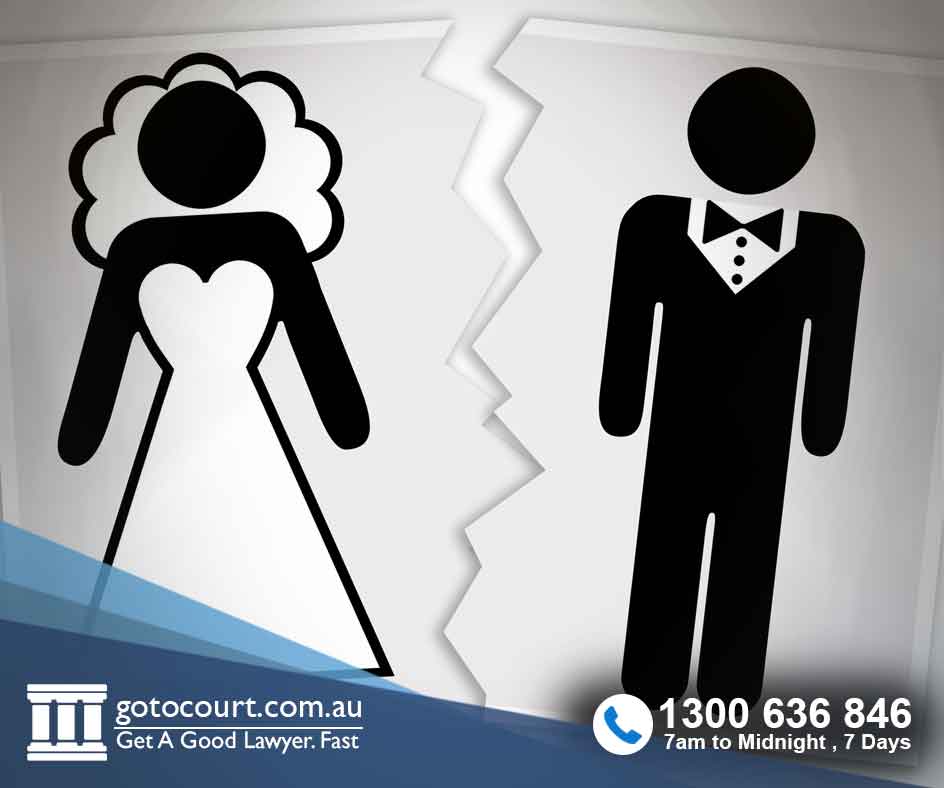Restriction on Communications: Family Law Act
The Family Law Act 1975 prohibits communicating the contents of family law proceedings publicly and imposes criminal penalties for doing so. The rationale behind these provisions is to protect the privacy of individuals and families, particularly in matters involving children. This page outlines the restrictions on communications about family law proceedings.
Offence to identify person involved
Section 114Q prohibits communicating an account of proceedings to the public that identifies:
- a party to the proceedings
- a witness in the proceedings
- a person who is related to or associated with a party to the proceedings
- a person who is (or is alleged to be) in any other way concerned in the matter
However, this offence does not apply to communications that occur in accordance with court directions or in another way that has been approved by the court.
This offence carries a maximum penalty of imprisonment for one year.
What amounts to identification?
An account identifies a person if it contains an image, recording or physical description of the person, if it include the name or title of the person, if it includes the person’s address, location, employment details, relationship to other persons, political, religious or philosophical beliefs, or the details of property associated with the person.
Offence to communicate a list of proceedings
Under section 114R, it is an offence to communicate to the public a list of family law proceedings identified by reference to the names of the parties.
This offence does not apply if the communication is in accordance with the direction of the court or in accordance with the rules of the court.
This offence carries a maximum penalty of imprisonment for one year.
When is communication allowed?
Under section 114S, a communication is not to the public (and therefore not prohibited) if it is made to a person or body with a significant and legitimate interest in the subject matter that is greater than or different from the interest of other members of the public.
Examples of communications that are not ‘communications to the public’ are the following:
- a private communication between a party and a family member or friend
- the release of documents to a person for use in the proceedings;
- the communication of documents to authorities responsible for the welfare of children;
- the communication of documents for the purpose of disciplining members of the legal profession;
- the communication of documents for the purpose of obtaining a grant of legal aid;
- publication for the use by members of a profession, such as in a series of law reports or for students in connection with their study;
- publication that has been approved by the court.
Social media
The prohibitions on communicating material relating to family law proceedings include social media posts. It is important to remember that while you are going through family law proceedings you should not:
- post anything about the proceedings on social media
- post any identifying information about anyone else who is involved in the proceedings;
- post anything derogatory about the other party or about the family law system or people involved in it.
Remember that once you post something online, you lose control of it. Anything that you post on social media could be used against you in the proceedings or to establish that you have committed an offence under the Family Law Act 1975.
Criticisms of these provisions
The existence of the offences under sections 114Q and 114R and the criminal penalties they carry means that journalists are reluctant to report on family law cases. This means that the general community does not know a lot about the processes and procedures involved in the family law system. People are also often unaware of the factors that courts take into account when deciding family law cases and the sorts of decisions that judges are likely to make.
However, as the provision stands, parties to family law proceedings must refrain from publishing material in contravention of these sections. It is also important to respect the provision if you are a party to family law proceedings as any infringement of the family law act is likely to create a bad impression and may damage your case.
If you require legal advice or representation in a family law matter or in any other legal matter, please contact Go To Court Lawyers.








